What is Dyslexia?
The definition of dyslexia in Iowa law now matches the International Dyslexia Association’s Definition.
“Dyslexia is a specific learning disability that is neurobiological in origin. It is characterized by difficulties with accurate and/or fluent word recognition and by poor spelling and decoding abilities. These difficulties typically result from a deficit in the phonological component of language that is often unexpected in relation to other cognitive abilities and the provision of effective classroom instruction. Secondary consequences may include problems in reading comprehension and reduced reading experience that can impede growth of vocabulary and background knowledge.”
A diagnosis of dyslexia is not needed in order to receive support.
With or without a formal diagnosis of dyslexia, and with or without an IEP or 504 plan, if any student shows indicators of academic need, teachers are able to provide support and strategies for all students.
Iowa is the only state in the country that is non-categorical regarding special education, meaning it does not use the specific disability categories listed in the IDEA when classifying a student as eligible for special education. We serve students with a variety of disabilities regardless of whether they have a formal diagnosis or not.
Dyslexia information and characteristics.
Click on the links below for additional information.
- Fact Sheet
- Characteristics by age group
- Characteristics check sheet
- Dyslexia in the Classroom



